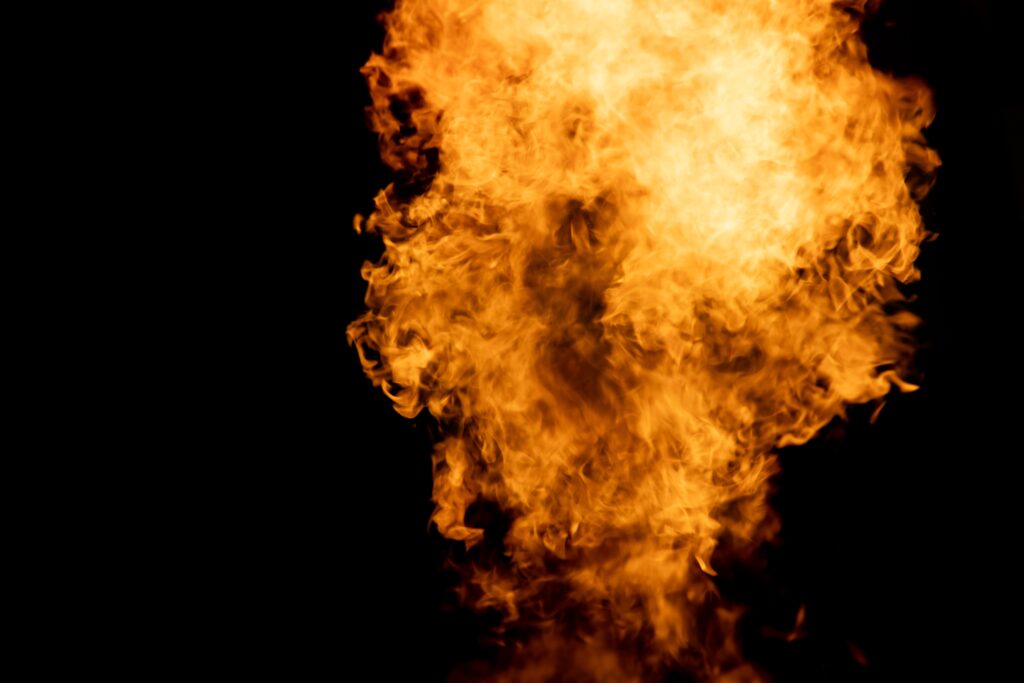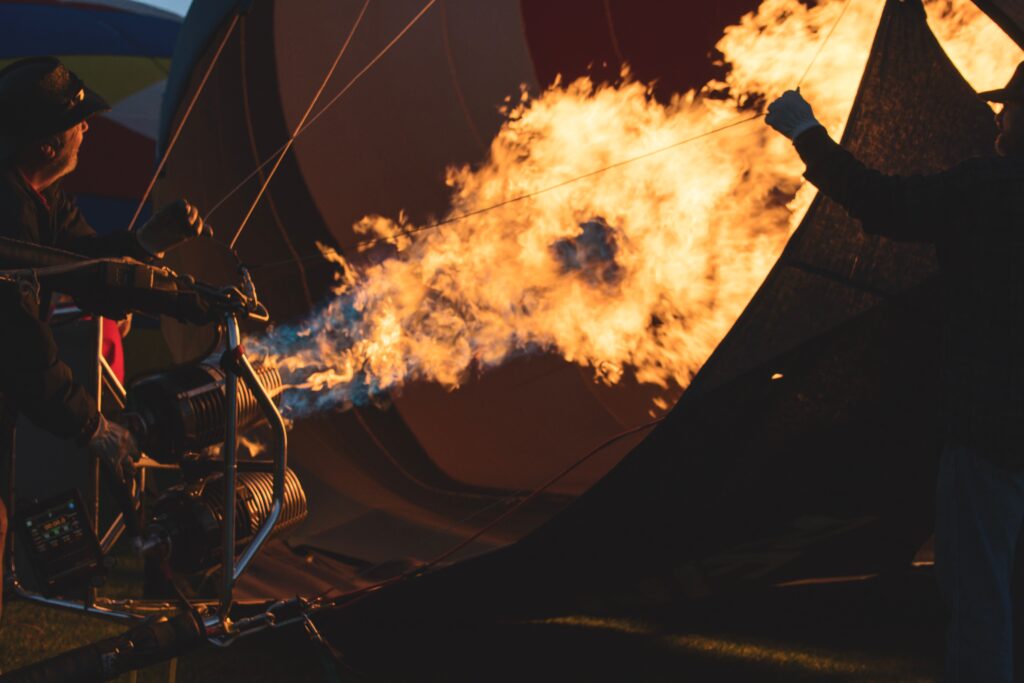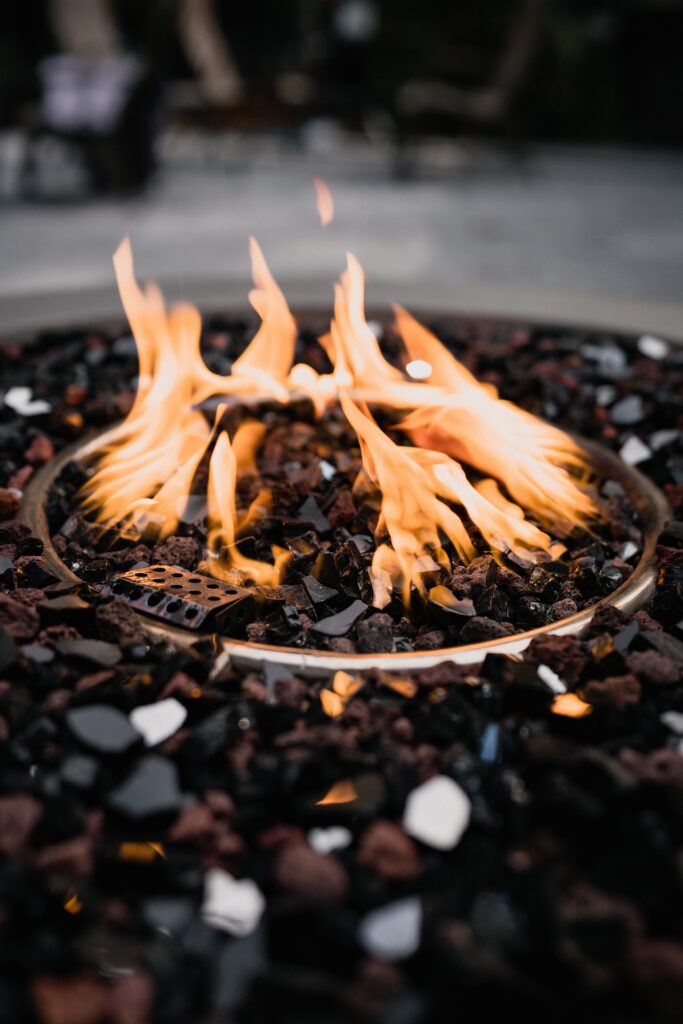Imagine never having to worry about running out of power during a blackout or when you’re out camping. That’s where a generator fueled by a 20 lb propane tank comes in handy. But just how long can you expect that tank to last before needing a refill? In this article, we’ll explore the average lifespan of a 20 lb propane tank on a generator, giving you insight into how much power you can rely on before it’s time to stock up on propane. So sit back, relax, and let’s dive into the world of propane-powered generators!

Understanding Propane Use in Generators
Propane is a versatile and efficient fuel that is commonly used in generators to produce electricity. It is a liquefied petroleum gas (LPG) that is stored in tanks and readily available for use. Propane generators offer several advantages, including cleaner emissions, ease of use, and increased fuel stability compared to traditional gasoline or diesel generators. By understanding the basics of propane use in generators, you can make an informed decision about whether it is the right choice for your power needs.
What is Propane?
Propane, also known as liquefied petroleum gas (LPG), is a byproduct of natural gas processing and oil refining. It is a colorless and odorless gas in its natural state, but a pungent odorant is added for safety reasons. Propane is stored under pressure in liquid form, which allows for easy transportation and storage. It is commonly used in residential homes for heating, cooking, and hot water, as well as in commercial and industrial applications. Its versatility and relatively low environmental impact make it a popular choice for various uses, including generators.
Why use Propane in Generators?
Propane is an excellent fuel choice for generators for several reasons. First, it burns cleaner than gasoline or diesel, producing fewer emissions such as carbon monoxide and particulate matter. This makes propane generators more environmentally friendly and reduces air pollution. Second, propane is highly efficient, meaning that it provides a higher amount of energy per volume compared to other fuels. This translates to longer runtimes and fewer refueling stops, which is especially important during power outages. Lastly, propane has a longer shelf life and is less likely to degrade over time compared to gasoline or diesel. This makes it a more reliable option for backup power needs.
Types of Propane Tanks for Generators
When it comes to storing propane for generator use, there are several options available. One of the most common propane tank sizes for generators is the 20 lb tank. These tanks are portable, compact, and easy to handle, making them a popular choice for residential and small-scale generator applications. They typically measure approximately 18 inches tall and 12 inches in diameter. However, it is important to note that there are different types of propane tanks, including steel cylinders, composite tanks, and horizontal tanks. Each type has its own features and considerations, so it is essential to choose the one that best suits your specific needs.

Basics of a 20 lb Propane Tank
A 20 lb propane tank, often referred to as a BBQ tank or grill cylinder, is commonly used for a variety of applications, including generators. These tanks are typically constructed of steel and have a capacity of 4.7 gallons (or approximately 20 pounds) of propane. They feature a valve and collar for easy connection to a generator or other propane-powered appliances. The tanks are designed to be portable and can be easily transported from one location to another. Furthermore, they are readily available for purchase or exchange at many retail locations, making them a convenient option for generator owners.
Features of a 20 lb Propane Tank
A 20 lb propane tank offers several features that make it ideal for generator use. Firstly, its compact size makes it easy to store and handle, allowing for flexibility in transportation and installation. The tanks are usually equipped with a standard valve that allows for a secure connection to the generator’s fuel inlet. Additionally, many tanks come with a built-in gauge or level indicator, which helps monitor the remaining propane level and prevents unexpected fuel depletion. This feature is especially beneficial during power outages when access to propane refilling or exchanging may be limited. Overall, the 20 lb propane tank’s size, convenience, and functionality make it a popular choice among generator users.

How to Know Your Propane Tank Size
Determining the appropriate propane tank size for your generator depends on several factors, including the generator’s power requirements and expected runtime. It is crucial to select a tank size that can adequately support your generator’s fuel needs without frequent refilling or running out of propane. To determine the correct tank size, consult your generator’s manufacturer specifications or consult with a propane professional. They can help assess your power requirements and recommend the optimal tank size based on your generator’s fuel consumption rate and expected runtime.
Cost and Availability of a 20 lb Propane Tank
One of the advantages of using a 20 lb propane tank is its affordability and widespread availability. These tanks are commonly used for various applications and are readily available for purchase or exchange at many retail locations, including hardware stores, propane distributors, and even some gas stations. The cost of a 20 lb propane tank may vary depending on the region and specific retailer, but it is generally affordable compared to larger propane tanks. In addition to the initial tank cost, there may be fees associated with tank refills or exchanges. However, the overall cost of propane fuel is typically lower compared to gasoline or diesel, which can contribute to long-term savings.
Calculating Propane Consumption of A Generator
Understanding the propane consumption rate of your generator is essential for effective fuel management and planning. By knowing the fuel consumption, you can estimate the runtime of your generator and determine the amount of propane needed for a specific period. Several factors influence the propane consumption of a generator, including the generator’s power rating, load, and external conditions. By considering these factors and performing some basic calculations, you can determine the approximate propane consumption of your generator.
Understanding Generator Power Rating
A generator’s power rating, commonly expressed in watts, indicates its electrical output capacity. It represents the maximum amount of power that the generator can produce under ideal conditions. It is crucial to know your generator’s power rating to determine its fuel consumption accurately. Smaller generators typically have lower power ratings and consume less fuel, while larger generators with higher power ratings can consume more fuel. By referring to your generator’s user manual or consulting the manufacturer, you can identify the power rating and use it as a basis for calculating propane consumption.
Calculating Propane Consumption Based on Generator Rating
To estimate the propane consumption of your generator, you can use a simple formula based on its power rating. The formula typically involves multiplying the generator’s power rating in watts by a specific fuel consumption rate (usually expressed in pounds or gallons per hour). The fuel consumption rate can vary depending on the generator’s make and model, load, and other factors. By multiplying the power rating by the fuel consumption rate, you can obtain an estimate of the propane consumption per hour. It is important to note that this is a rough estimate, and the actual propane consumption may vary based on operating conditions.
Other Factors Influencing Propane Consumption
In addition to the generator’s power rating, several other factors can influence propane consumption. The generator’s load is a significant factor to consider. If the generator is operating at full capacity, it will consume more propane compared to running at a partial load. The duration of the generator’s runtime also affects propane consumption. Generators running for extended periods will use more propane than those running for shorter durations. External conditions such as ambient temperature and altitude can also impact propane consumption. Cold temperatures can decrease the efficiency of propane vaporization, resulting in increased consumption. Similarly, high altitudes can affect fuel-air mixture ratios, potentially altering propane consumption.
Expected Duration of a 20 lb Propane Tank on A Generator
The expected duration of a 20 lb propane tank on a generator depends on various factors, including the generator’s efficiency, load, and external conditions. Assessing these factors can help you estimate how long a 20 lb propane tank will last under specific operating conditions.
Considering Generator Efficiency
The efficiency of a generator plays a crucial role in determining the runtime of a 20 lb propane tank. Generators with higher efficiency can convert a larger portion of the available propane into electrical energy, resulting in longer runtimes. However, it is important to note that generator efficiency can vary depending on factors such as load and maintenance. Regular generator maintenance, including cleaning or replacing air filters, spark plugs, and ensuring proper lubrication, can help optimize efficiency and extend the runtime of a propane tank.
Considering Generator Load
The load placed on the generator is another significant factor in determining propane consumption and runtime. Running the generator at full capacity continuously will consume more propane compared to running it at a partial load. Therefore, adjusting the load on the generator to match your power requirements can help conserve propane and prolong the runtime of a 20 lb propane tank. It is advisable to evaluate your power needs and ensure the generator is appropriately sized to avoid unnecessary fuel consumption.
Impact of External Conditions
External conditions, such as ambient temperature, can affect the runtime of a 20 lb propane tank on a generator. Cold temperatures can decrease the vaporization efficiency of propane, resulting in higher consumption rates. On the other hand, hot temperatures may lead to increased fuel evaporation rates. It is important to consider these temperature variations and adjust propane consumption expectations accordingly.
Continue reading in the next section: Variables that Impact Propane Consumption




